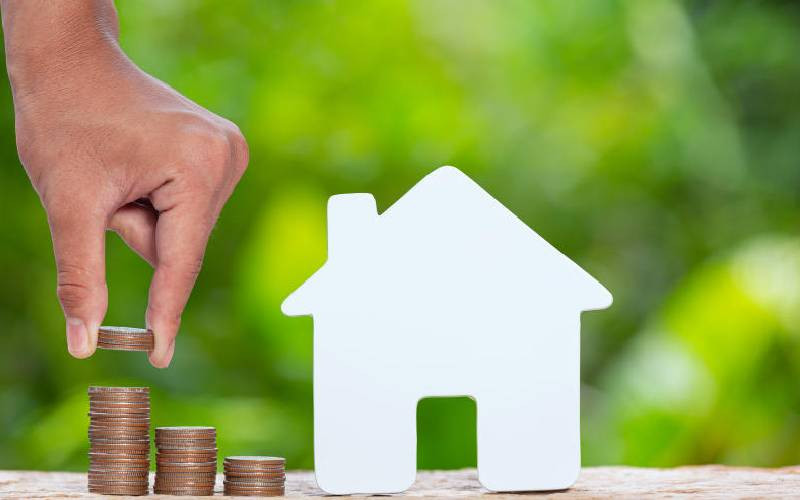×
The Standard e-Paper
Smart Minds Choose Us

Global growth is forecast to slow from 3.2 per cent in 2022 to 2.7 per cent in 2023, according to the International Monetary Fund.
High inflation and stagnant wages coupled with unprecedented quantitative tightening are helping to drive the risk of a global recession.






